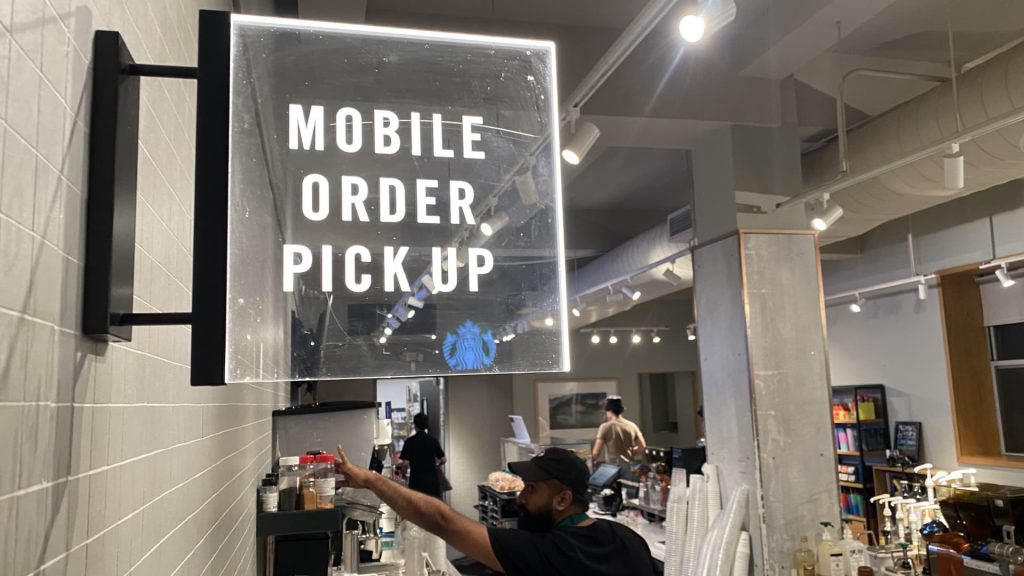The incoming CEO of Starbucks, Brian Niccol, faces a significant challenge in turning around the struggling coffee giant, with fixing operational issues likely to be at the top of his to-do list when he starts in September. The chain’s recent sales declines have been attributed to various factors, including a weakening consumer base, boycotts, and the deterioration of the Starbucks brand. Former CEO Howard Schultz has identified the mobile app as a significant issue, as mobile orders, which represent about one-third of total sales, tend to be more complex and time-consuming for baristas. This has led to frustrated customers and overwhelmed staff, resulting in long wait times at many Starbucks locations.
One of the primary goals for Niccol in addressing the operational challenges at Starbucks will be to make mobile orders more efficient. The chain has lost its reputation as a “third place” between work and home, as more customers rely on the convenience of mobile ordering and prefer not to linger at cafes. Schultz believes that Starbucks failed to anticipate the shift in consumer behavior towards mobile ordering and did not make necessary adjustments to operations. Shareholders also see digital orders as a critical area for improvement, with concerns about wait times, mobile orders taking precedence over in-store orders, and overall customer experience in Starbucks cafes.
Niccol’s experience at Chipotle, where digital sales have been a strength rather than a challenge, could inform his approach to improving operations at Starbucks. Chipotle has made significant investments in technology and infrastructure to support online orders, such as installing a second prep line dedicated to digital orders and adding drive-thru lanes for online order pickup. The company has also utilized promotions, a rewards program, and digital-only menu items to boost digital sales. In contrast to Starbucks, Chipotle has successfully navigated the shift towards digital ordering and has been able to capitalize on this trend.
Starbucks has already taken steps to speed up service and improve the work experience for baristas, including introducing new equipment and processes to tackle bottlenecks. The company has also updated its mobile app to provide customers with real-time updates on their orders and rolled out the “Siren Craft System” to make drink preparation faster and easier for baristas. However, more drastic measures may be needed to address the challenges facing Starbucks, such as accelerating the equipment rollout to cut service times in half and reduce strain on staff. Niccol’s credibility and ability to communicate his strategy effectively will be crucial in gaining support from investors and executing necessary changes.
The rise of digital orders has added pressure on Starbucks baristas, leading to burnout and contributing to employee efforts to unionize. The unionization efforts by Starbucks workers underscore the importance of improving the overall work environment and operational efficiency within the company. Niccol will need to focus on finding a balance between meeting customer demand for convenience and ensuring a positive experience for both customers and employees in Starbucks cafes. Overall, addressing the operational challenges at Starbucks will be a significant undertaking for Niccol, but his experience and credibility may prove to be valuable assets in navigating the path to a turnaround for the struggling coffee giant.















